Archive
2021
KubaParis
The Future Never Sat Still
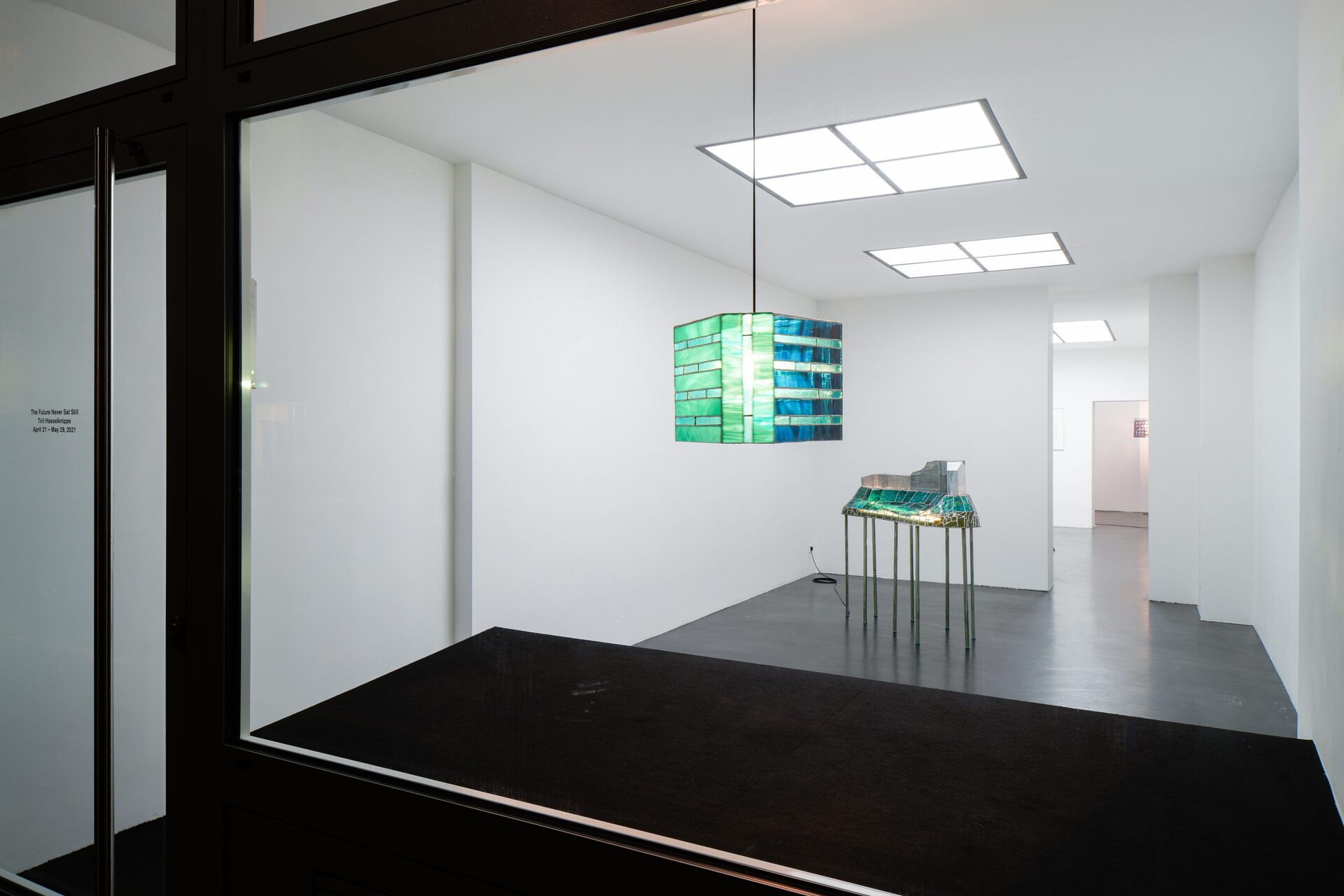
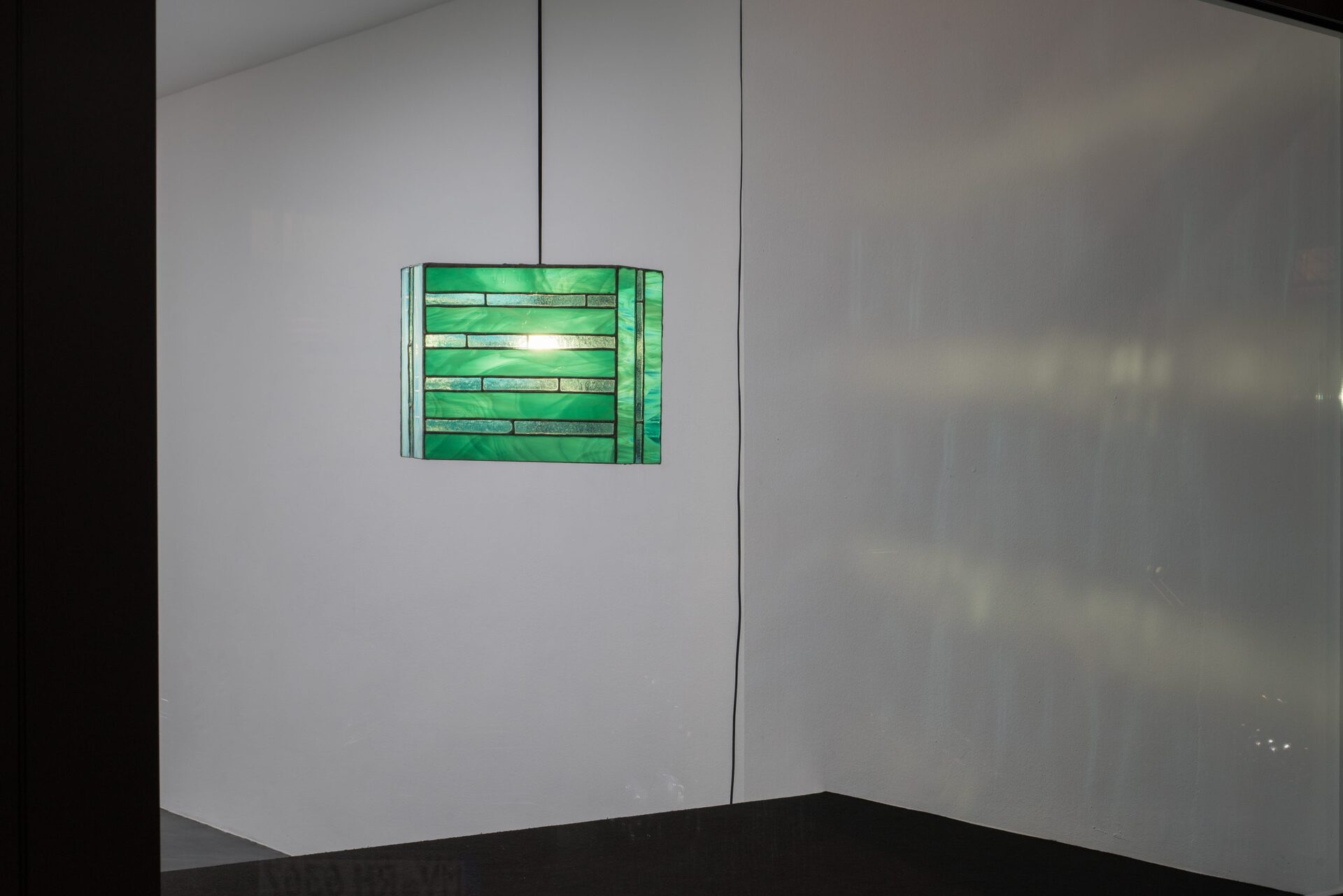
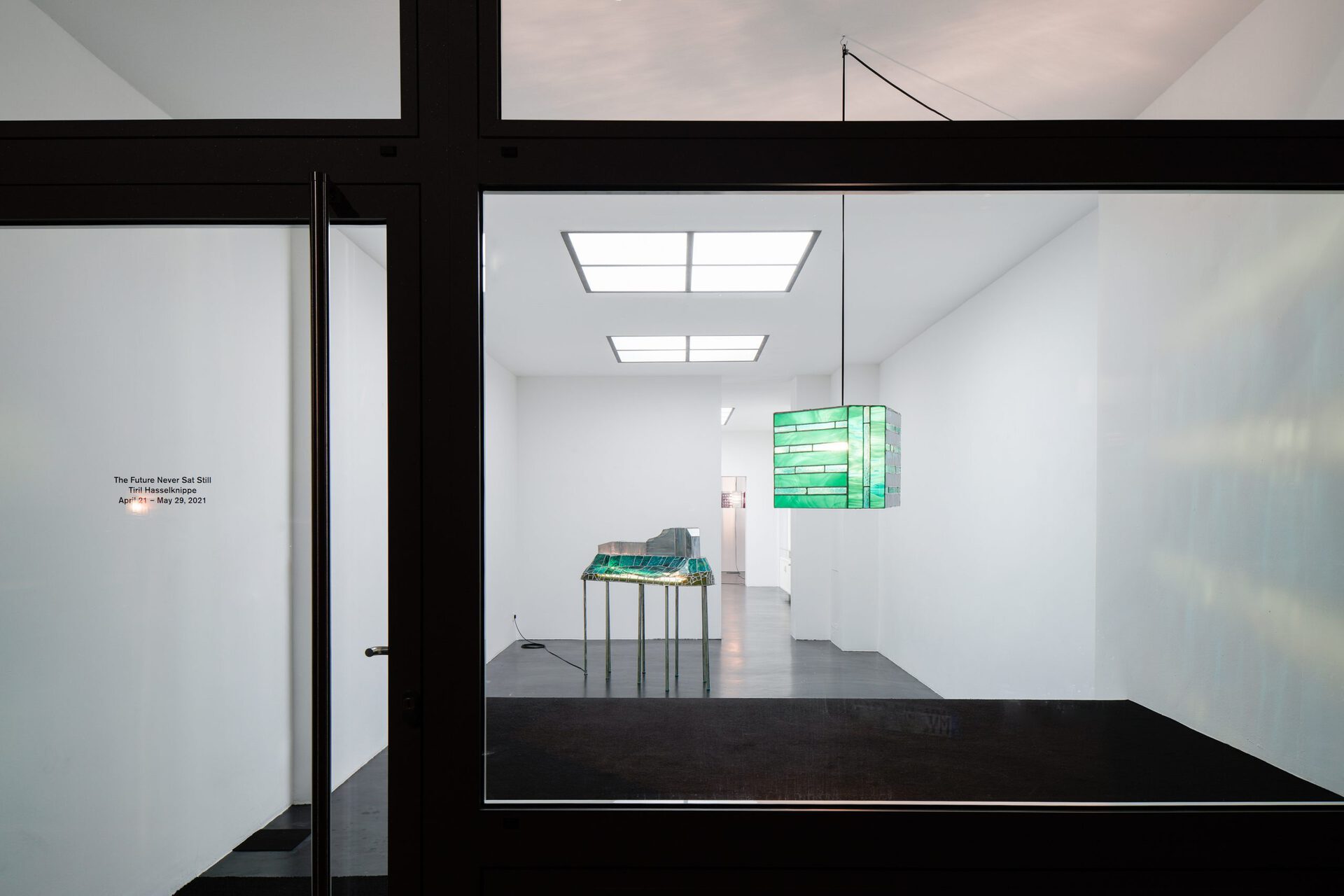
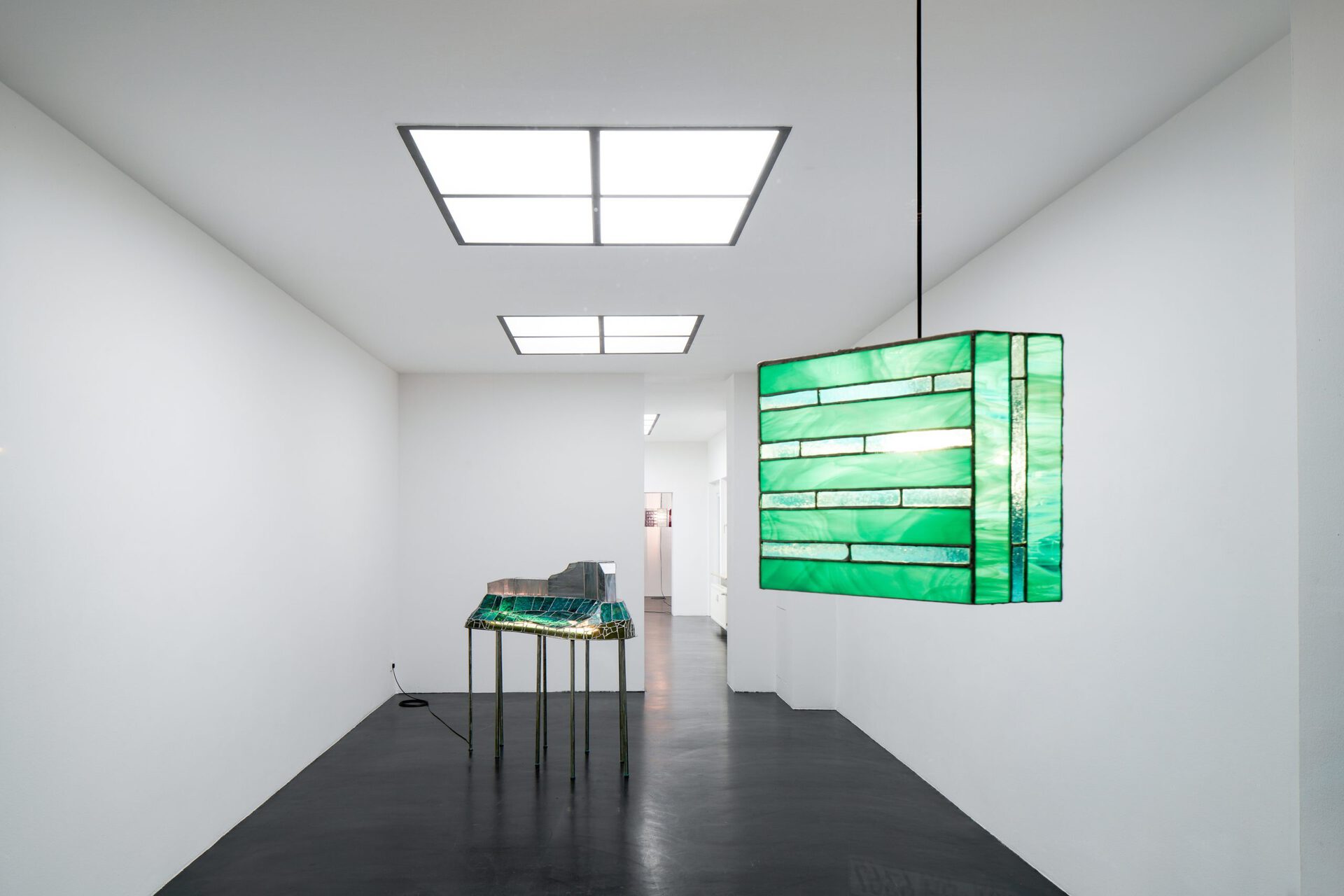
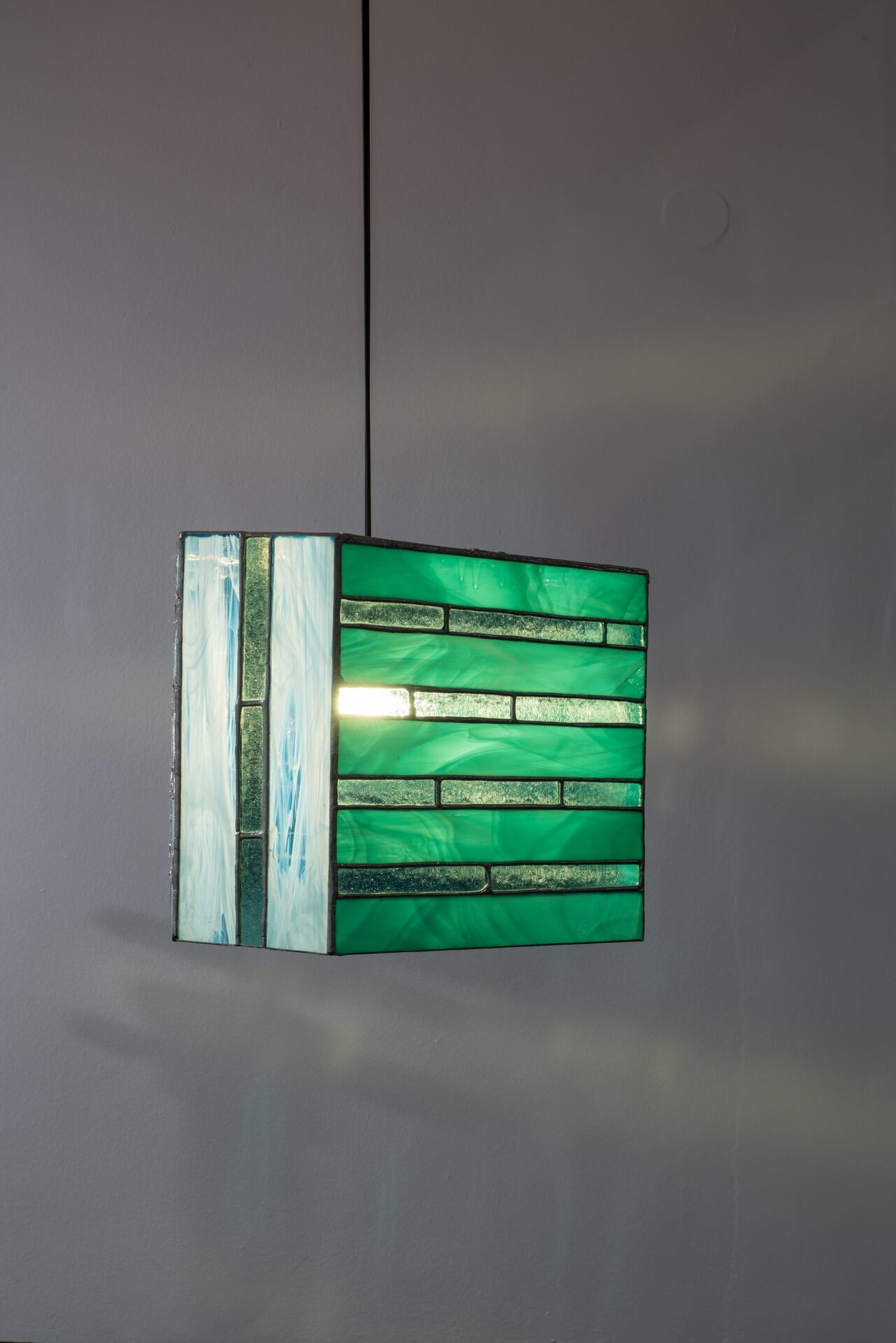
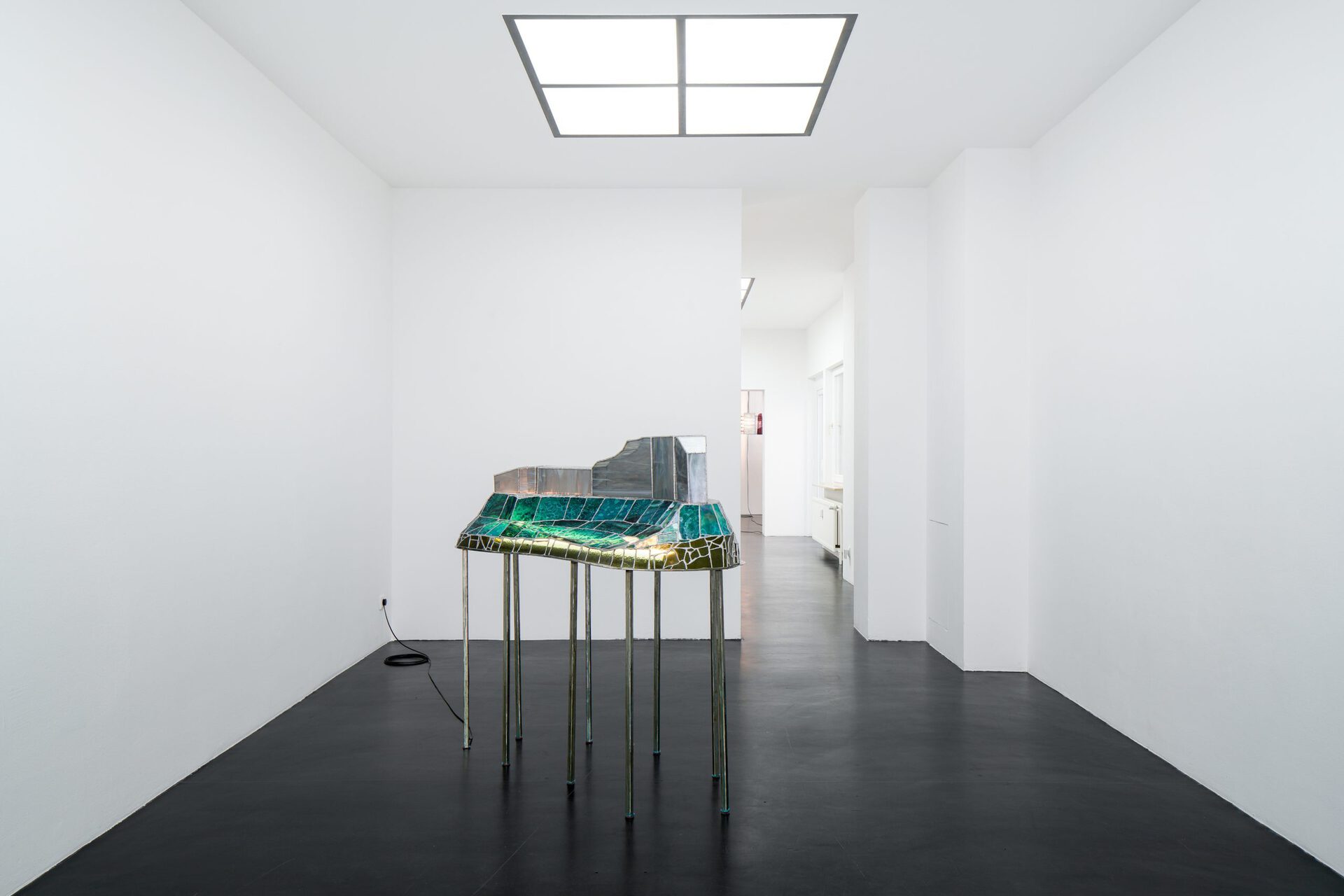
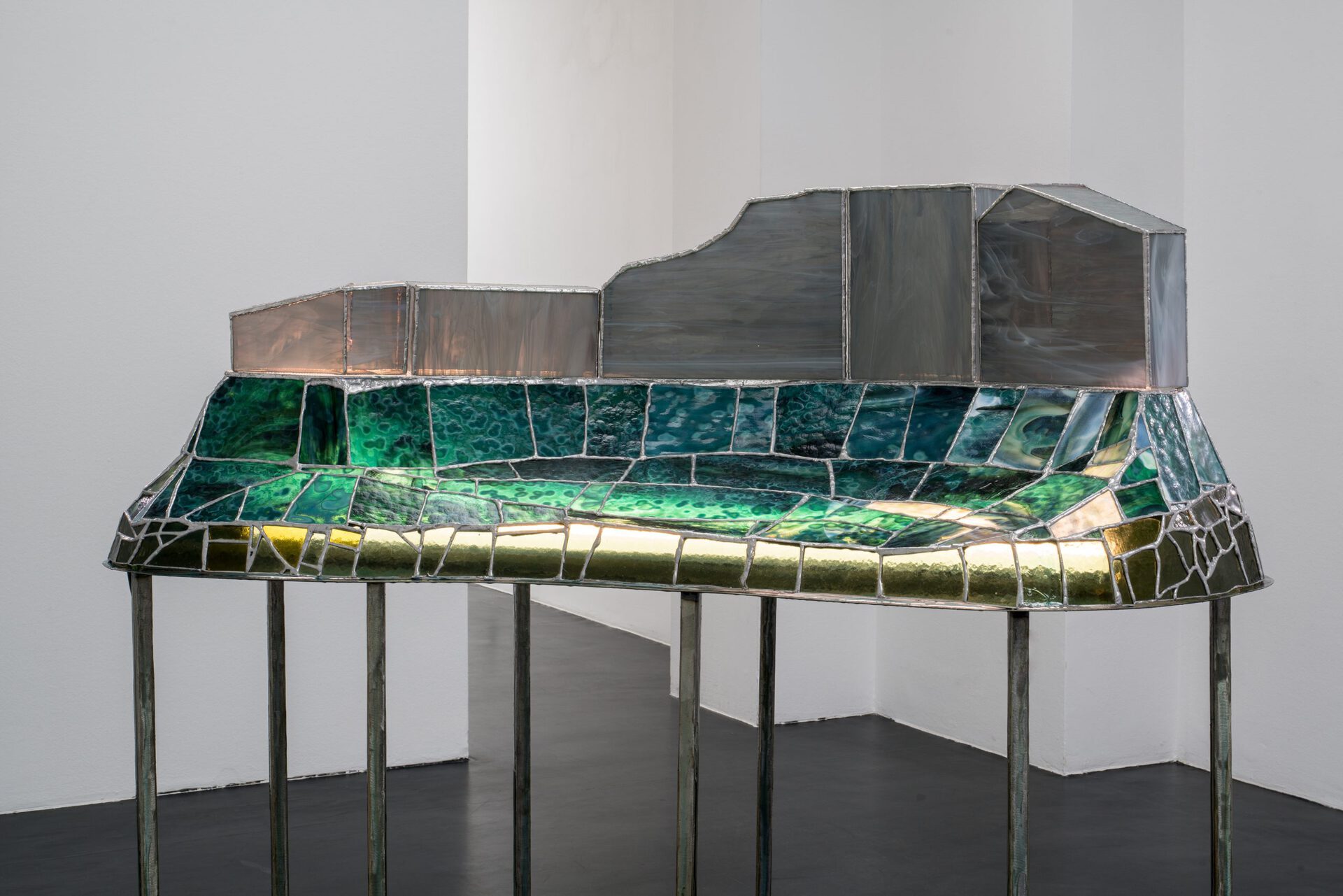
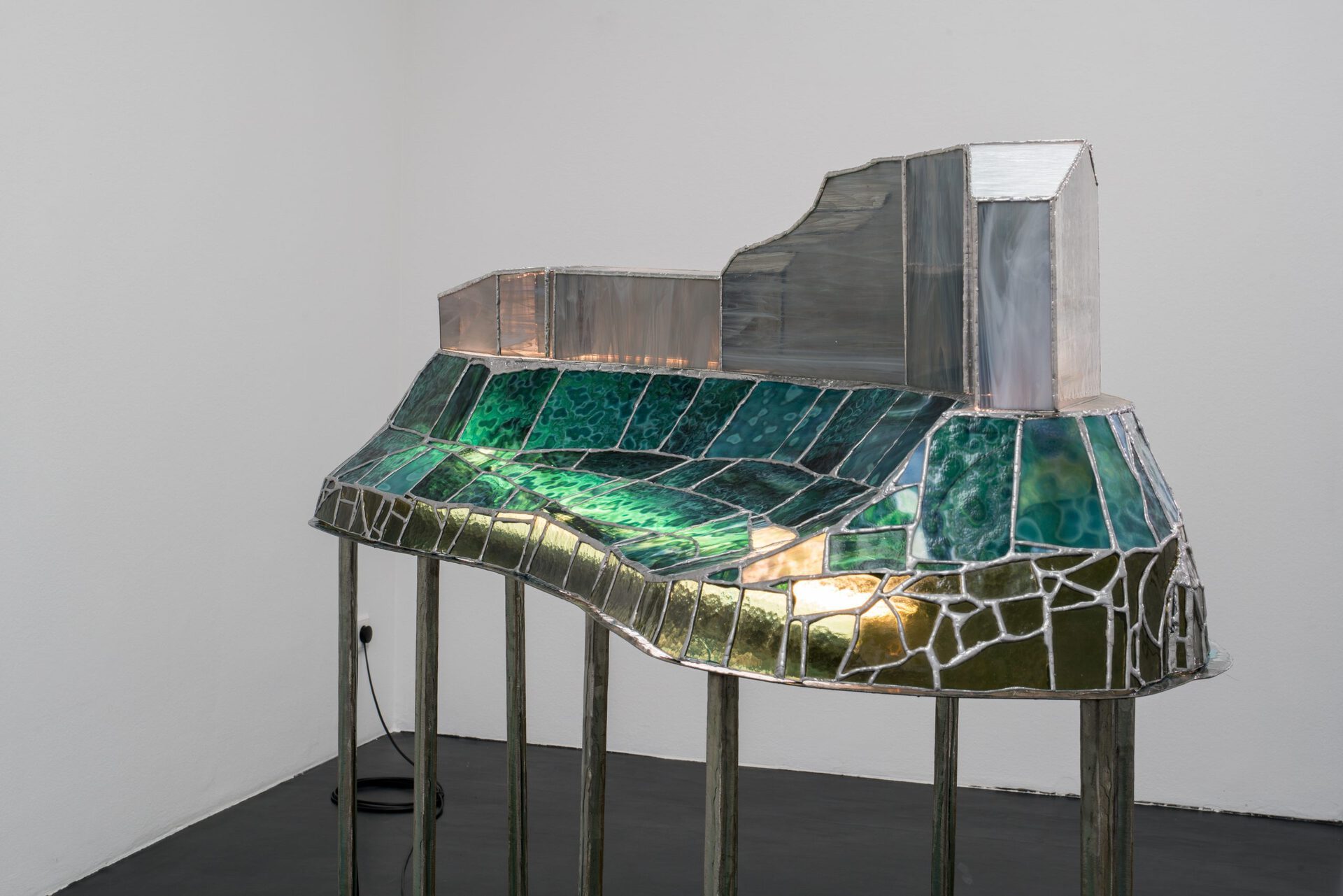
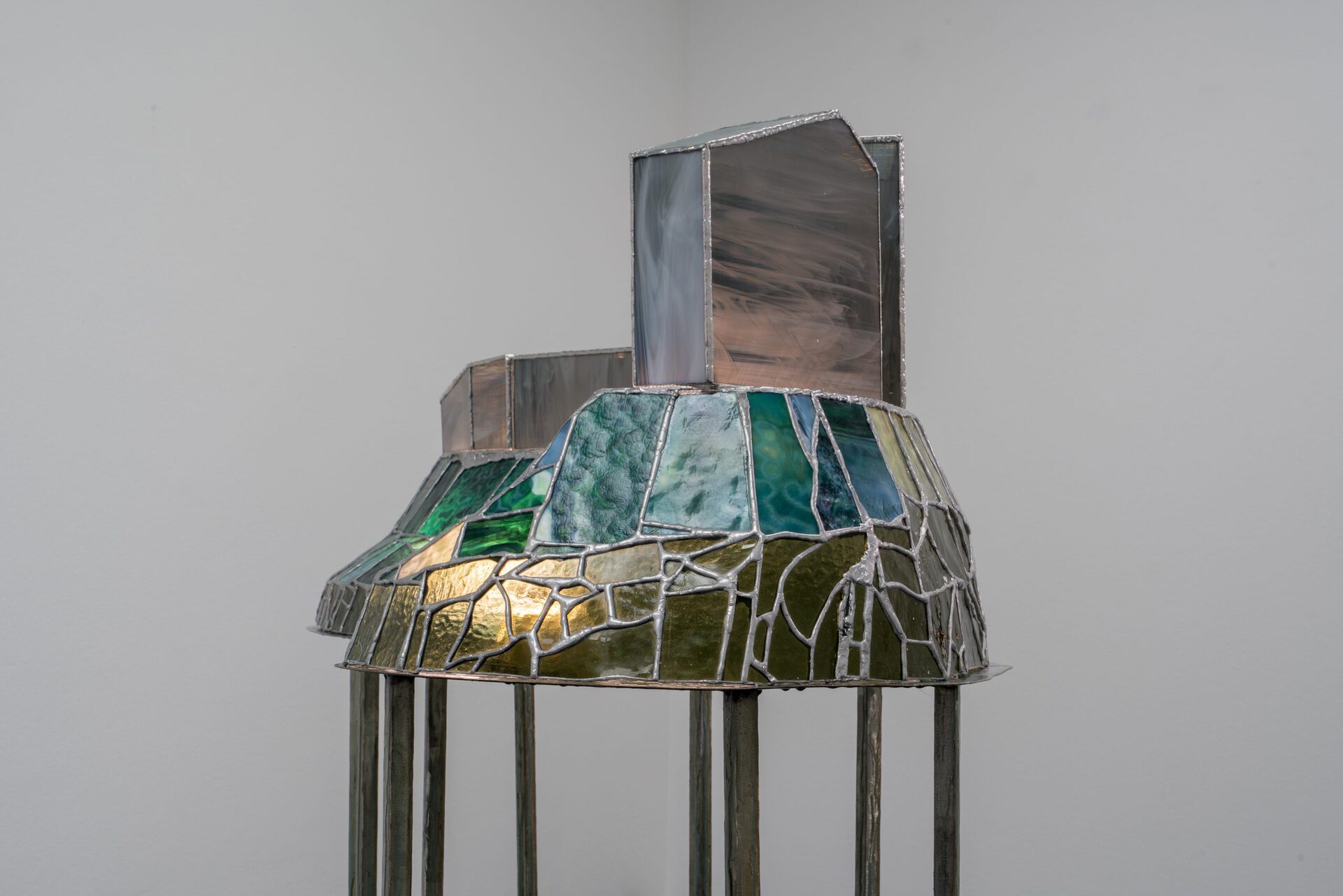
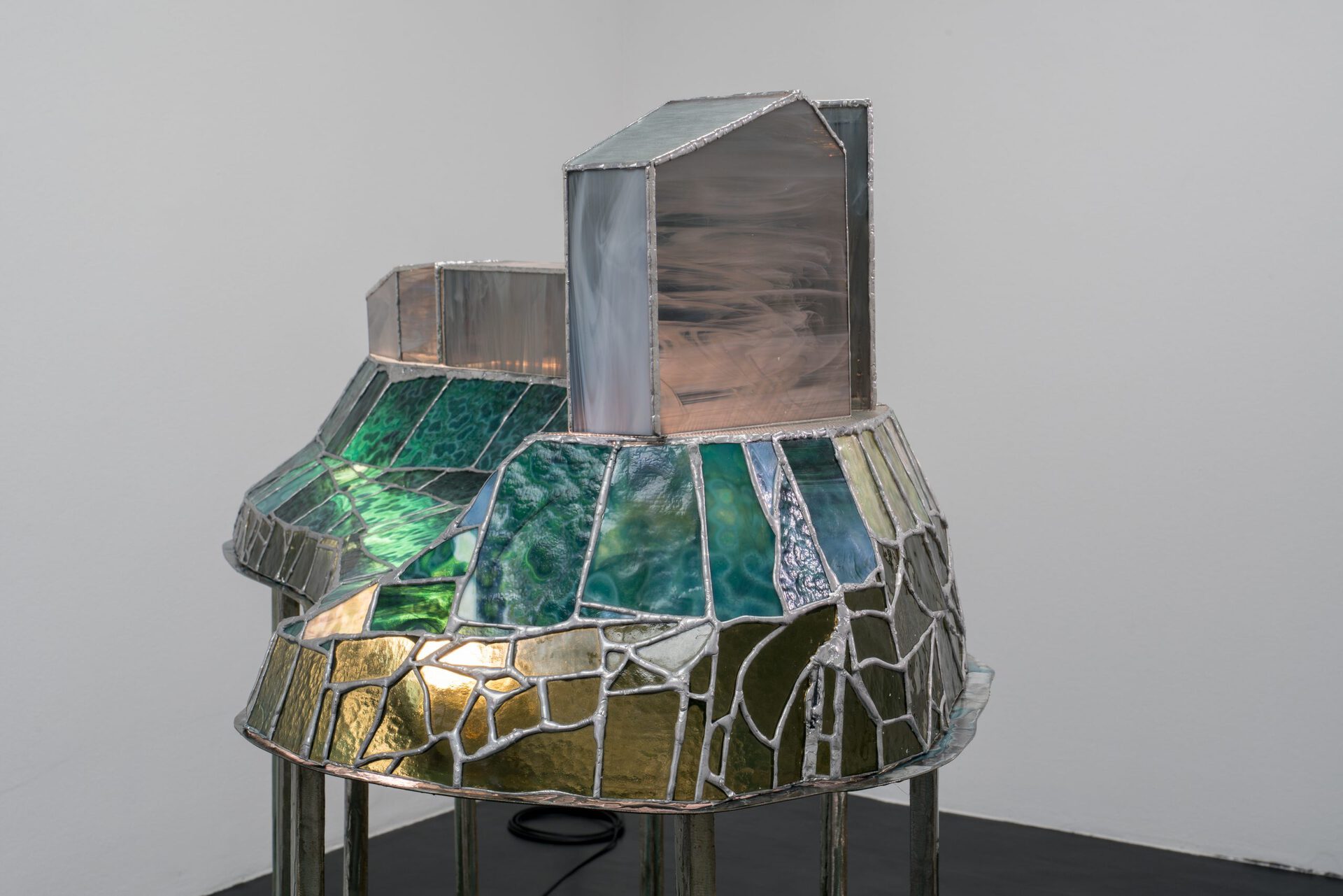
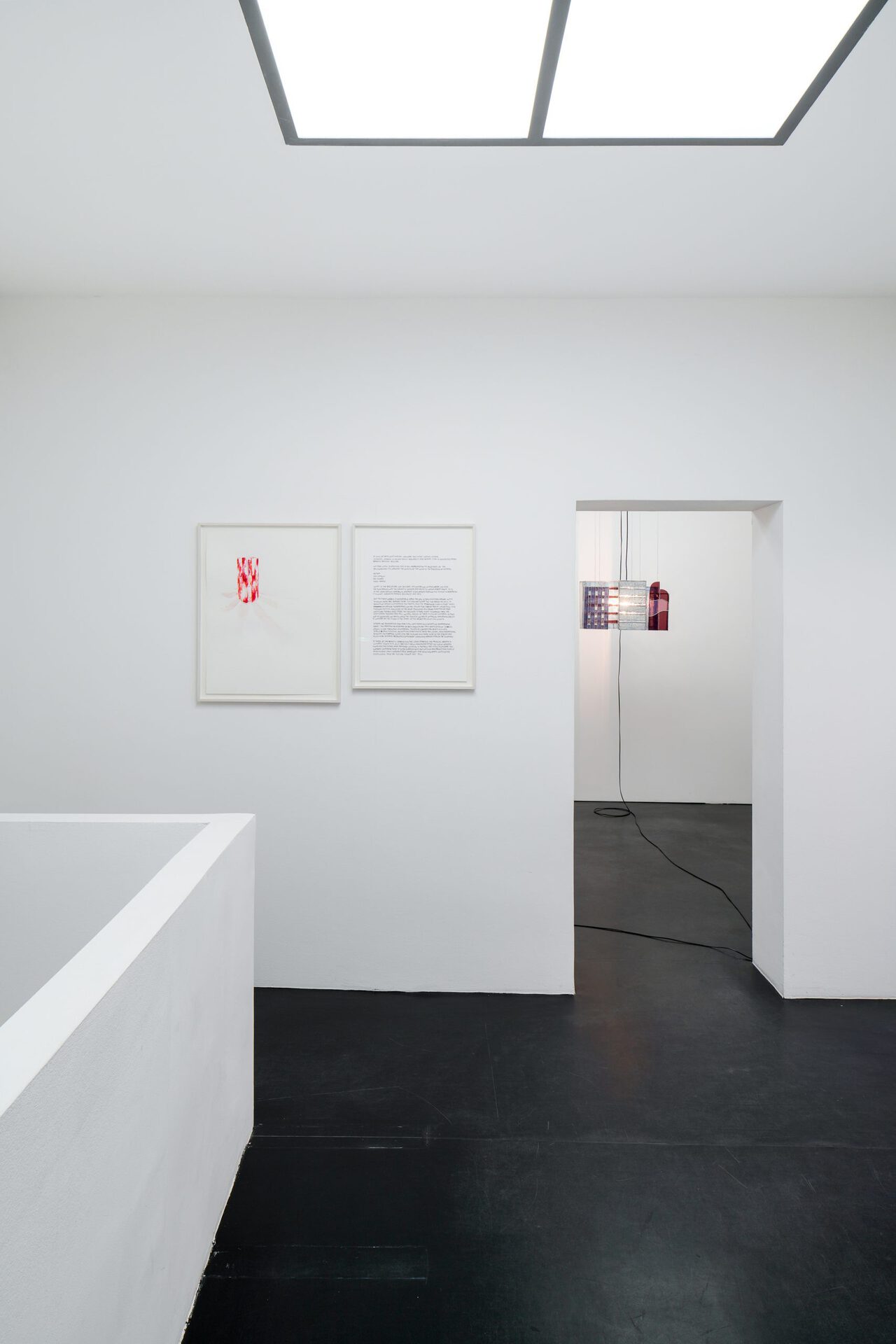
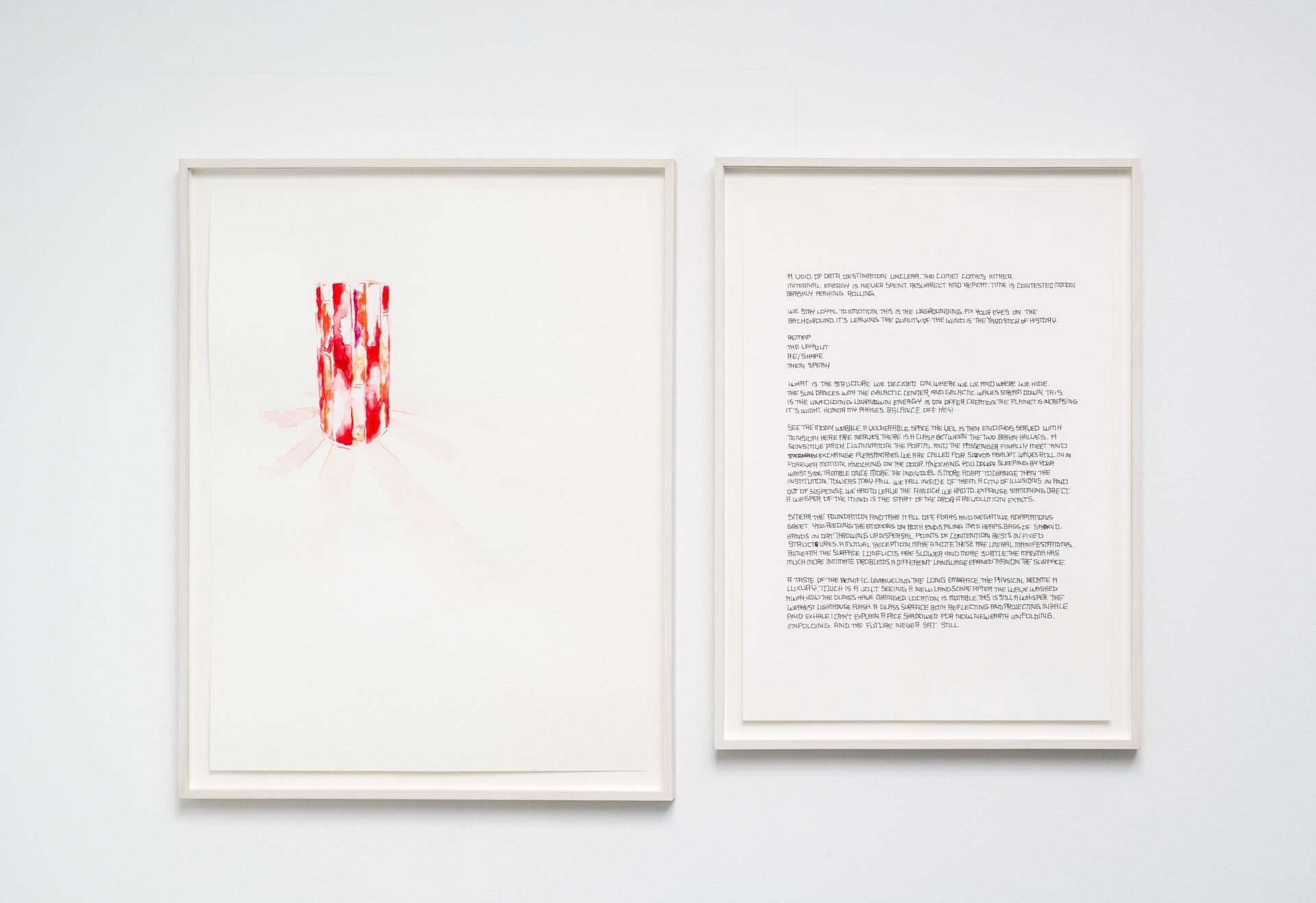
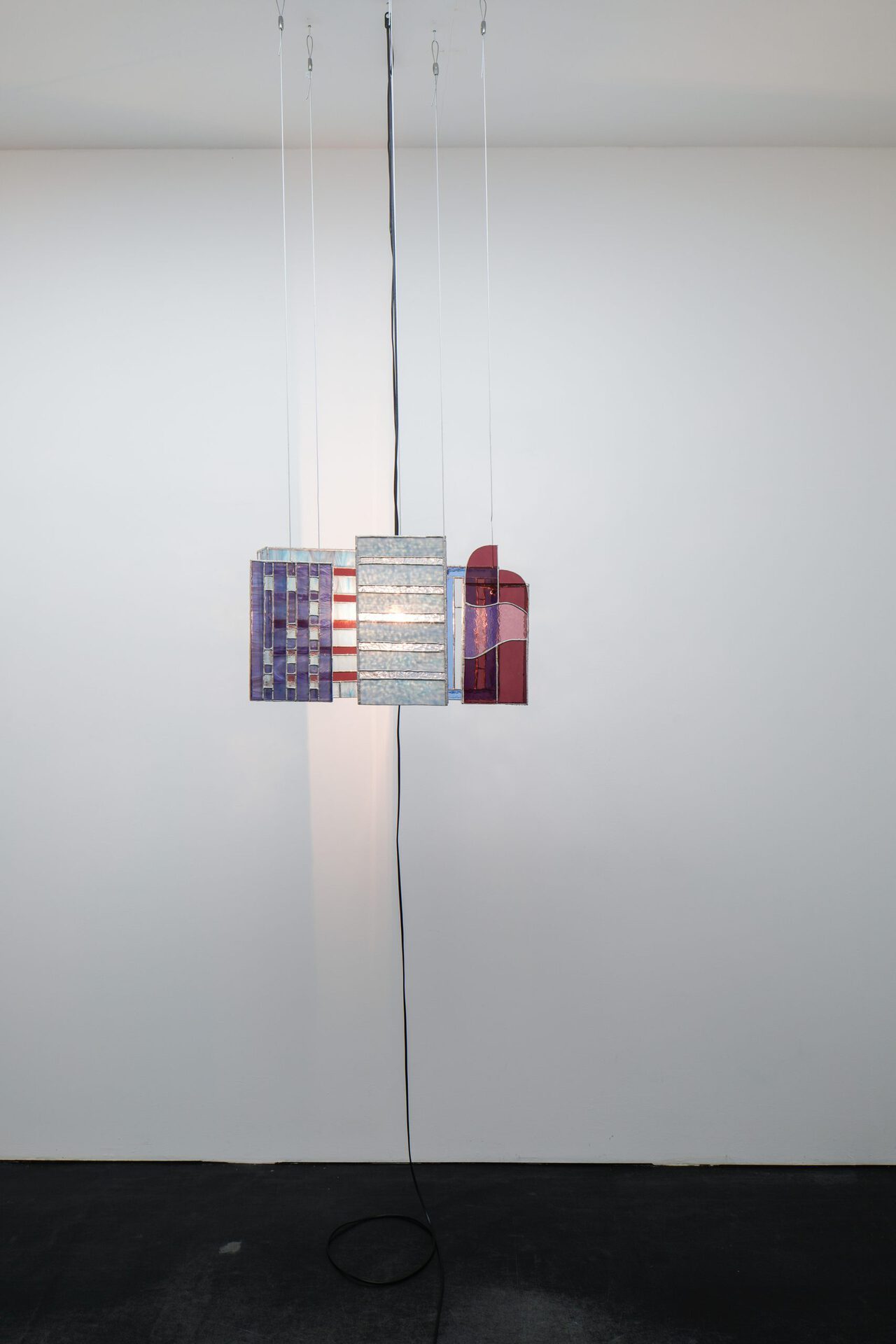
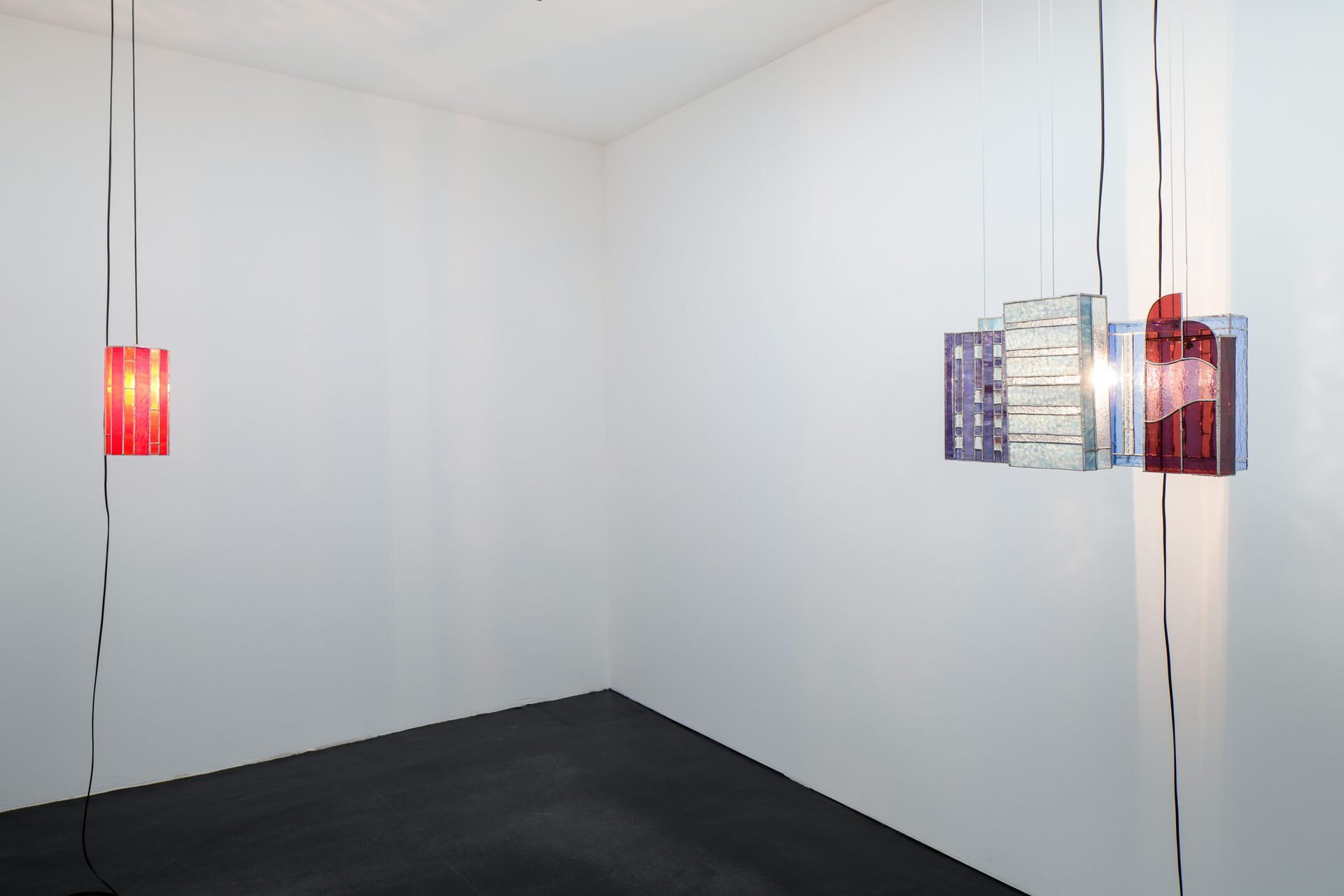

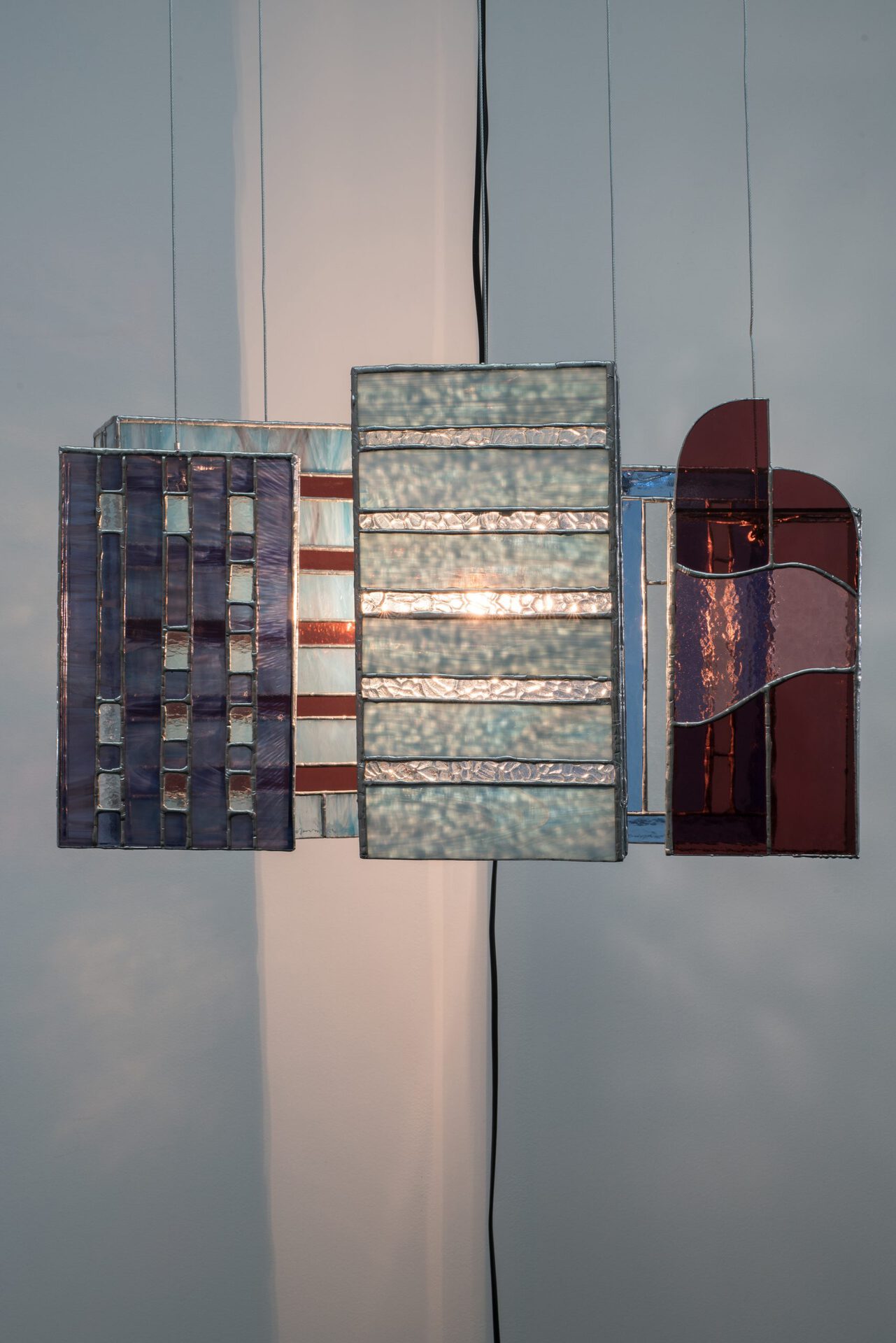
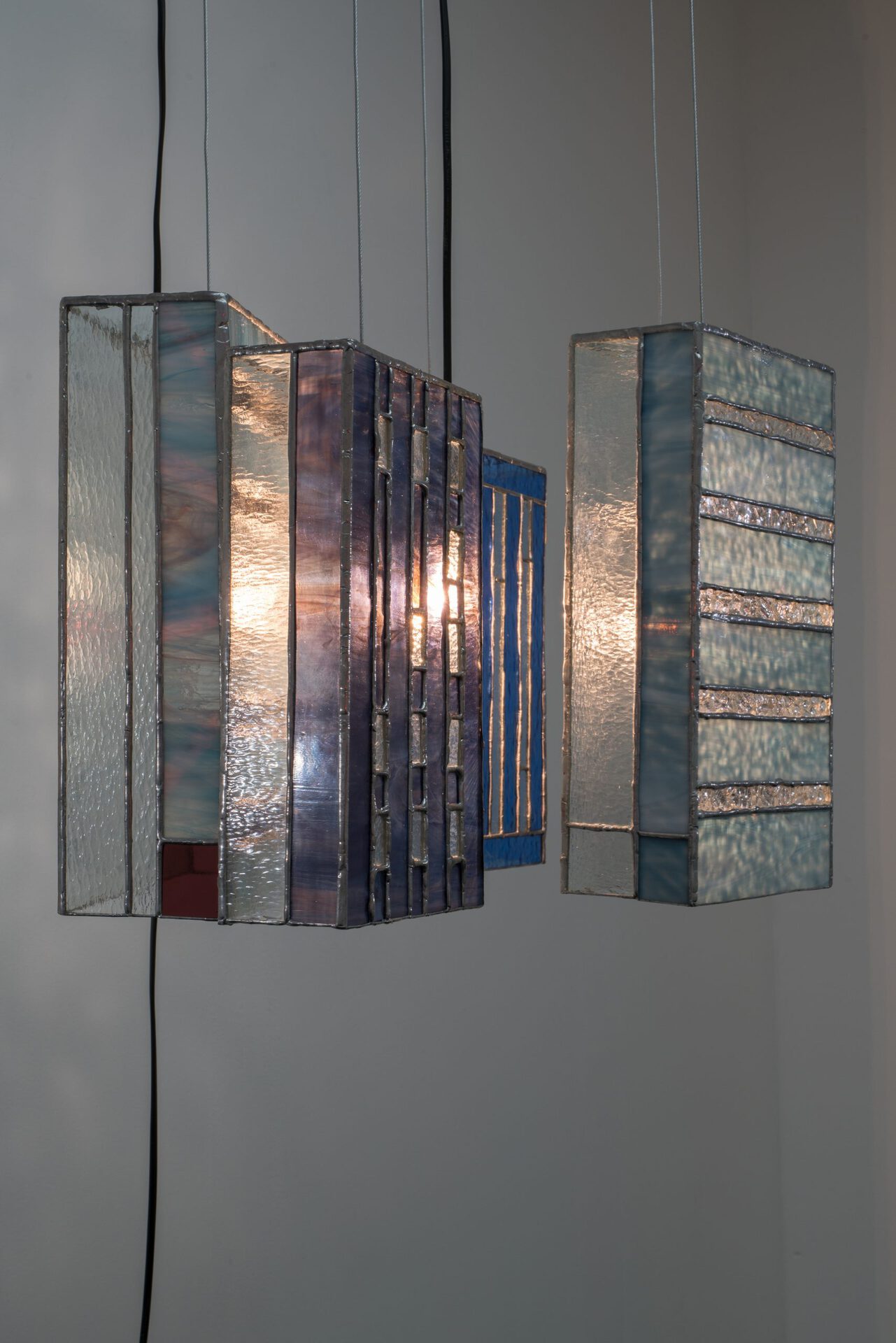
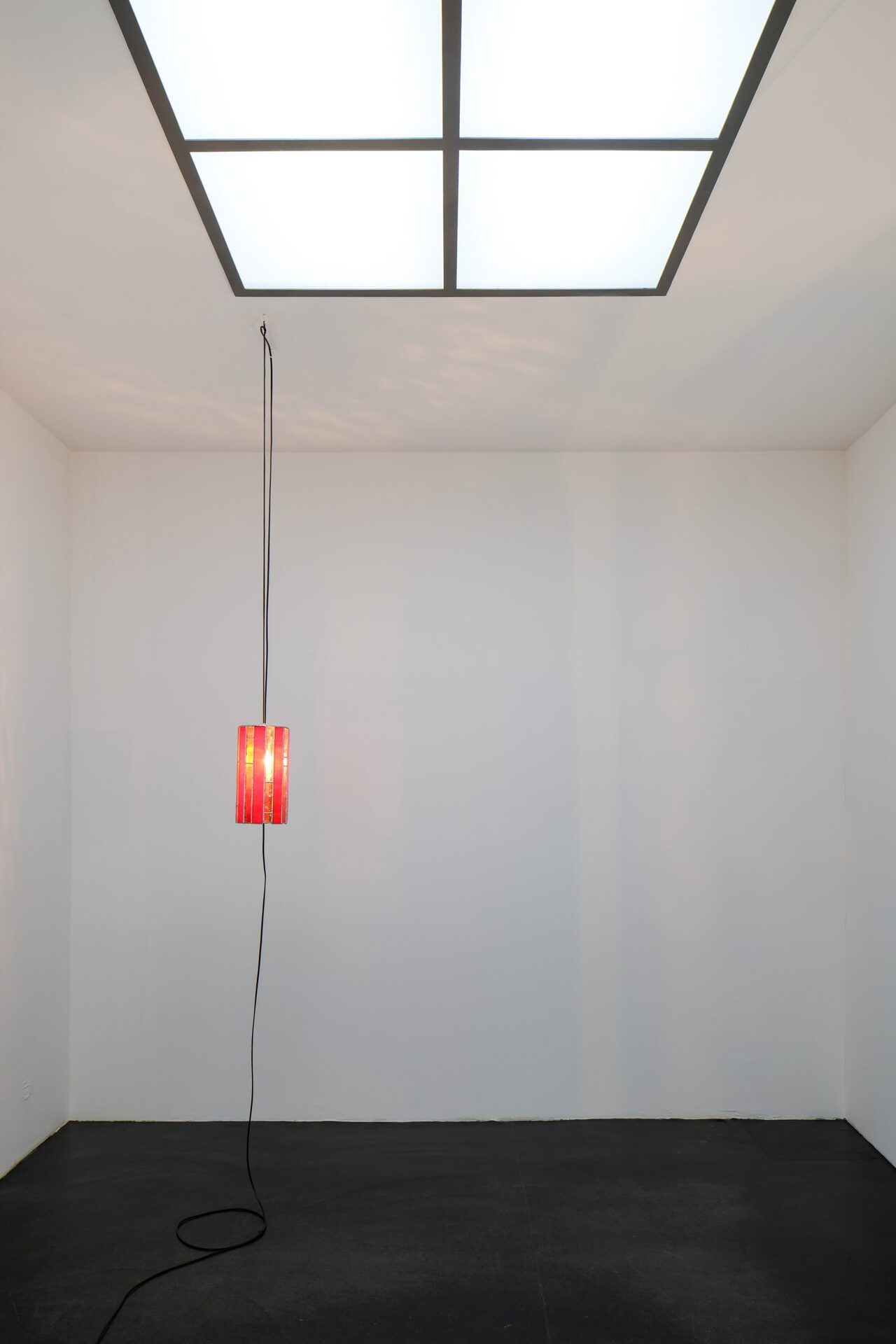
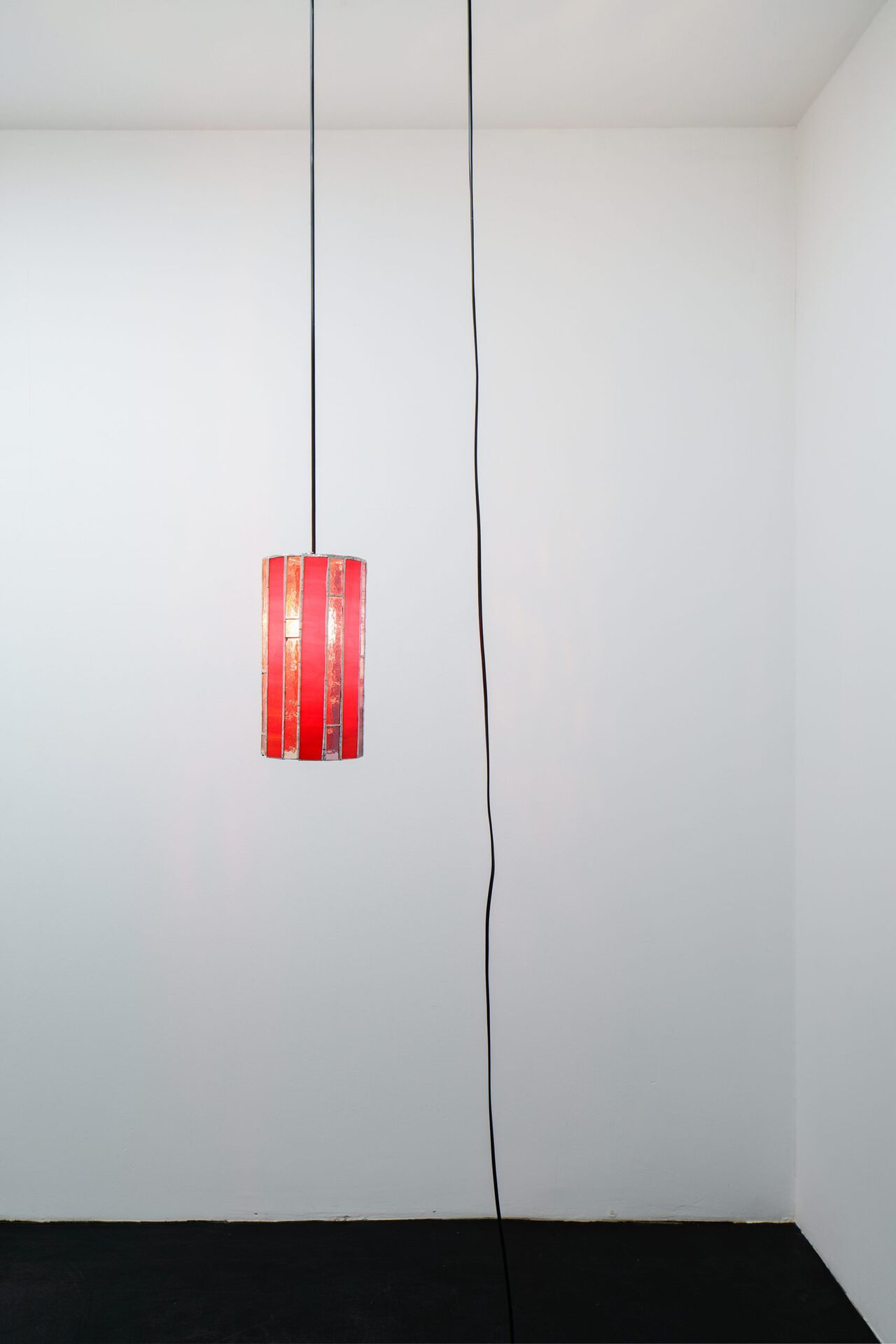
Location
DreiDate
20.04 –28.05.2021Photography
Marcus SchwierText
Meanwhile, a group of three women trudged along an empty, deserted beach, a scene that suggests they are the sole survivors of the beloved planet Earth and the protagonists of this unpleasant scenario. "Things change when the air changes," whispered one of them into the silent emptiness of the shore, on whose horizon a towering wave, a mountain of blue, piled up, glistening in the sun, radiating blueness, reflected for the last time in the abandoned city. One of them thought of the end of the world by water, the end of the world by air, by isolation, squabbles. "And so, in my mind's eye, these coastal forms merge and blend in a shifting, kaleidoscopic pattern in which there is no finality, no final and fixed reality - the earth becomes fluid like the sea itself." Another sighed "A world is ending again. Look, the horizon of a drowned world. It has no beyond. And no borders. The ultimate cosmopolis.“
"Right, I read once that life in the Anthropocene was like there's no horizon anymore, no solid background, and so everything is in the foreground and you got all jittery and disoriented. Basically, motion sickness on a very grand scale, or time sickness." Another mumbled, "Yeah, it's like being underwater without knowing. The ocean is also not a space of discrete points between which objects move, but a dynamic environment in which space can only be understood in the context of movement. In water, motion and space are the same thing. For example, when you are caught in a wave, you are also the wave. In a wave, you cannot say whether one is moving or being moved. It's a passive movement that makes you giddy and unnerved."
"So, waves in all their complexity—as phase beauty, as risk, as a murmur from the depths of subliminally slow and subtle conflicts, as fragile temporal vectors, as moonstruck random deep time—may be a good image to understand the politics of our watery planet. A wet history of society. Which all these years was really just trying to finally reenact the Great Flood." "Yes. And I once read that social change can also be understood that way. As an effect of a constant fine tuning to imbalances between different social practices and institutions, without ever finding a balanced order. Progress, in this sense, is not a directed transformation, a question of morality, will, goodness, or justice. Progress can be conceived in a non-teleological way. Life does not pursue goals, it solves problems. Contrary to popular belief, societies have no goal, but crisis that arise over and over. They ride the tipping points."
"Yes. The purpose of the most violent tsunami is to create an equilibrium that will never be, the heat flowing eternally into the cool. Equilibrium is death. Yes, just as in thermodynamics, you know, ΔE = q + w, energy can neither be created nor lost, it can only pass from one form to another. I think of the endless energy in the ocean, where you can see the great explosion and culmination of traveled energy when the wave crashes in on the shore, yet the energy isn't actually gone or lost, it's an endless drum swallowing itself again and again. It takes different forms and can disappear out of sight but it is never more or less forceful. History is a machine that convulsively transforms energy from one form to another."
The dim sunset glowing upon them the group stood together drawing their faces in the sand one last time. "It's as if someone has painted the world a different color. I once read that color is the fragility of light. “Fragile”—derived from frangere—means “easy to break”; a procedure of weakness. So, decay is not the absence of light, but its very presence, a breaking into color that relates the spectral directly to bliss. Color is happy and weak. Feel the energy, the world is transforming again. This environment was not built for man, but for his absence." "When did this actually start, the blue humanity? Humans wanting to disappear, understanding themselves as weak, when was the plot line changed from will to vulnerability, from development to danger? The fragility of institutions, the danger of coexistence. Like a global metamorphosis. From butterfly to caterpillar."
"Oh, look at the high rises, brightly lit ruins, finally becoming what they were designed for in the first place, beacons of the future. Sand melted into glass, towers become lanterns, streets will be canals, we become islands.“ „The word isolation comes from "insula" which means island. Isolation literally means to be islanded. And I think, that's exactly what I've been my whole life. I've been islanded.“ One of them nodded and hummed: „Man is an island, sadly adrift, wandering forever, while continents shift. He fell on that mountain, he drowned in the sea — blind to the order, death to the harmony. Nature's his rival, nature's his friend, in the beginning there was no end.“
In this moment our protagonists, vis-à-vis the sublime, are moved to tears, spiritually exiting their self imprisonment. „Friends, the wave rises and in me too the wave rises. It swells; it arches its back. A final embrace, finally to be embraced. My mouth is watering, my nose is runny, my tears well up; earth, I am returning to you.“
—
Misquoted and quoted sources: Theodor W. Adorno, Battlestar Galactica, Rachel Carson, Tiril Hasselknippe, Rahel Jaeggi, Kate, Anna & Jane McGarrigle, Kimberley Peters & Philip Steinberg, Lars Spuybroek, Moses Sumney, David Wojnarowicz, Virginia Woolf, Pamela Zoline
— Baptist Ohrtmann
Baptist Ohrtmann